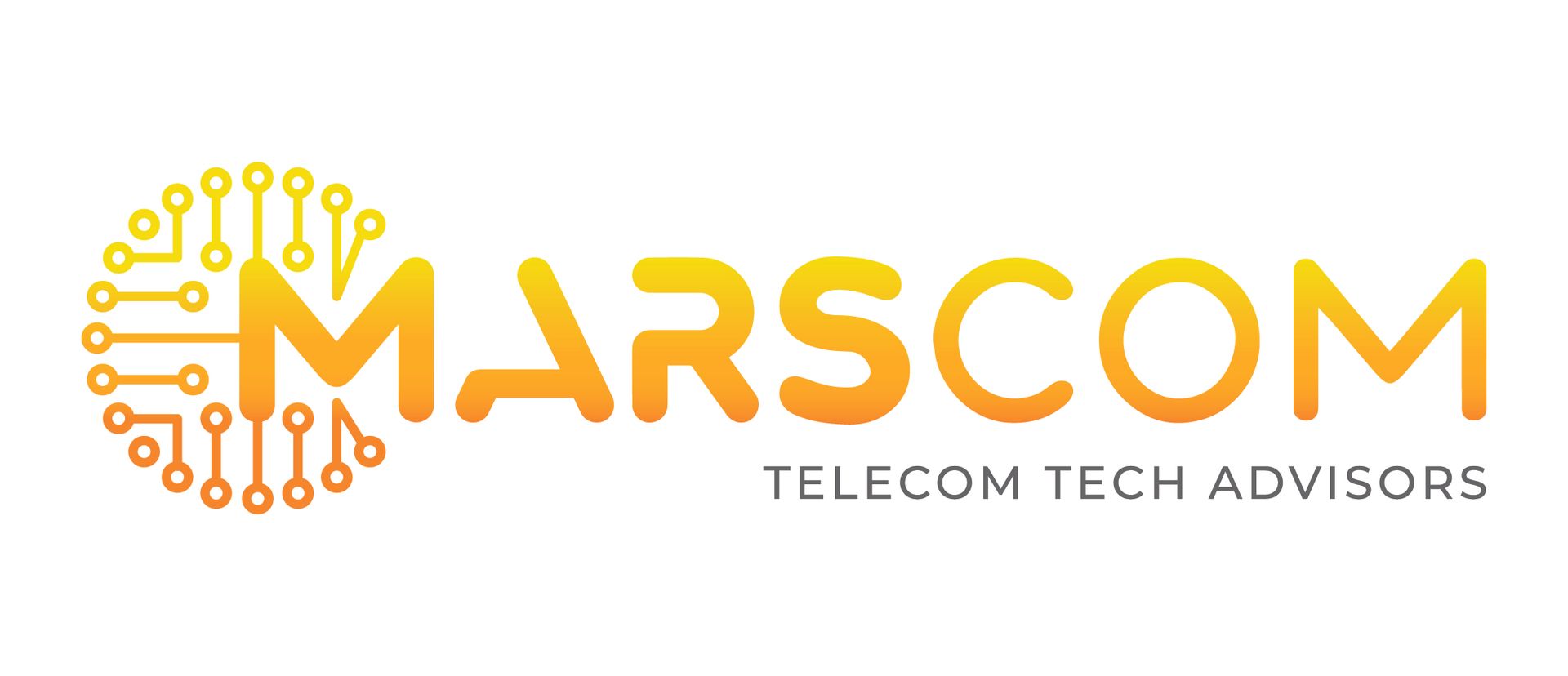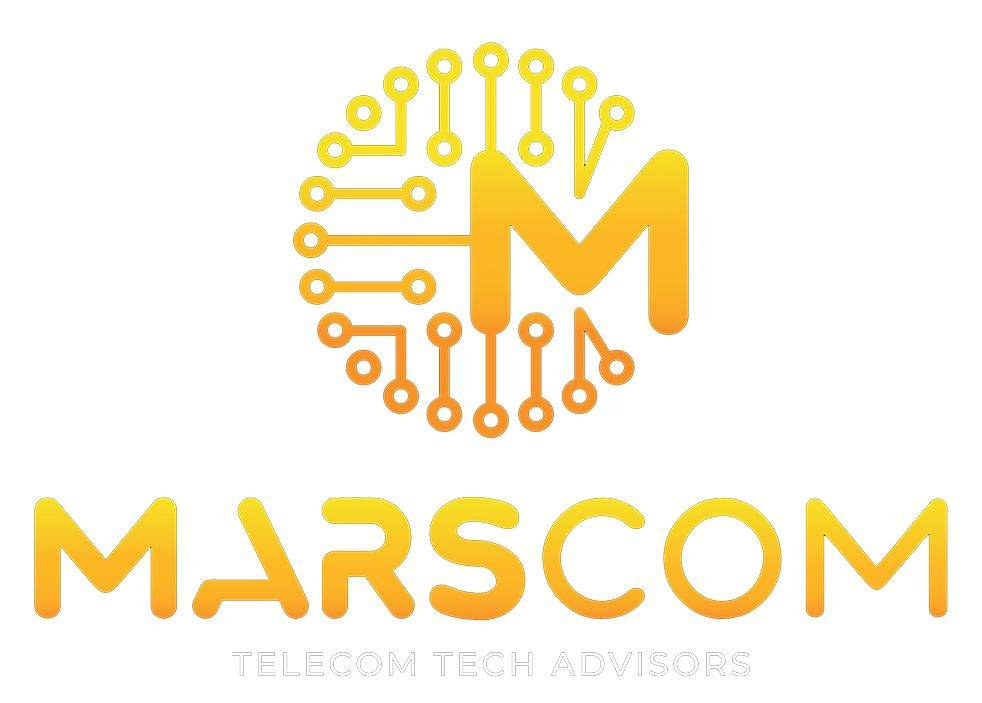Personalized Call Center Services: Transforming Customer Relations
Personalized call center services continue to reshape how companies approach customer relations, offering experiences that go beyond basic issue resolution. As businesses recognize the power of empathy, individualized support, and effective communication, they find themselves better equipped to handle customer inquiries with precision and genuine care. This growing emphasis on personalization results in higher satisfaction rates, stronger brand loyalty, and a deeper sense of connection with the people who matter most—the customers. Tailored solutions, such as those offered by MarsCom, can significantly elevate a company’s reputation, fostering growth and long-term success in an increasingly competitive marketplace.
At the heart of this shift is a desire to be more than just helpful. Where call centers once focused almost exclusively on speed and efficiency, forward-thinking businesses are recognizing that an authentic connection can transform a routine call into a memorable interaction. By integrating data-driven insights, modern technology, and well-trained service representatives, companies can offer each caller an experience that highlights the brand’s values and personality. As this practice becomes more widespread, consumers are coming to expect a higher degree of personalization and relevance, reinforcing the trend toward individualized attention in numerous industries.
Why Personalization Matters in Call Centers
Personalization elevates a call center interaction from a procedural task to a conversation grounded in empathy and understanding. Indeed, a study by Salesforce shows that 84% of consumers value being treated like a person, not just another ticket in a queue. This finding underscores why phone representatives must adapt to each caller’s unique concerns rather than relying solely on prepared scripts. In many ways, a personal touch reflects the business’s commitment to fostering relationships—not just solving problems.
Historically, call centers were measured by metrics such as average handle time and the number of calls resolved in a single shift. While these indicators remain important for operational efficiency, they do not capture how well a company connects with its audience. Customers increasingly view a call center agent as the “human face” of the brand, especially in digital-first environments where personal contact is at a premium. When an agent remembers past interactions or acknowledges specific preferences, it signals that the caller’s time and loyalty are deeply appreciated.
This sense of appreciation has tangible benefits. Customers who feel recognized often become advocates, sharing good experiences with friends and online communities. Additionally, personalization reduces call escalations since agents are empowered to deliver accurate, context-driven responses. Waiting in a queue may remain an inevitable step, but how a business handles that wait—perhaps through customized hold messages or agent training—can substantially influence a customer’s overall impression. Placing genuine interest and tailored solutions at the forefront can ensure each conversation aligns with a company’s broader brand strategy.
Using Data to Personalize Customer Interactions
Data forms the backbone of any effective personalization strategy. By collecting and analyzing customer information, businesses can shift from reactive problem-solving to proactive support. For instance, when a customer calls about returning an item, immediate visibility into their purchase history can help a representative suggest an alternative product or offer tips on using the product properly. This level of granularity saves time and demonstrates that the company truly knows and appreciates the customer.
Successful data-driven call centers often consolidate information from multiple channels, including phone calls, emails, social media interactions, and website analytics. By creating a single customer profile, businesses gain insights that go beyond basic demographics—revealing shopping patterns, loyalty program details, or frequently asked questions. Representatives who access these profiles can anticipate or clarify pain points and respond in a way that feels tailor-made for the caller. Far from invading privacy, such data use typically adheres to strict confidentiality measures and relevant privacy regulations, ensuring that customers’ trust remains intact.
Beyond improving the immediate caller experience, data also informs larger strategic decisions. Patterns in call volume can highlight product quality issues, recurring service requests, or even market shifts. Armed with this information, managers can refine staffing, agent training, and promotional activities. Over time, these adjustments help prevent repetitive problems and streamline the path between a customer’s concern, the agent’s resolution, and the company’s willingness to improve. In short, data integration is both a short-term fix for immediate satisfaction and a long-term investment in organizational growth.
Technology Integrations to Enhance Call Center Functionality
In pursuit of a more efficient and personalized service, many companies blend Customer Relationship Management (CRM) platforms with call center technologies like voice analytics software and automated routing systems. This technology stack grants agents immediate access to customer records when a call comes in, minimizing repeated questions and ensuring that the transition from greeting to problem-solving is smooth. With automated routing, calls can be directed to the most relevant department or specialized agent, dramatically boosting resolution rates on the first interaction.
Companies utilizing CRM integrations often enjoy greater overall productivity. According to a report by Gartner, organizations that integrate CRM tools in their call centers see improvements in both agent satisfaction and customer loyalty. Agents benefit from a streamlined workflow that reduces the need for juggling multiple applications or searching through outdated records. Meanwhile, managers gain visibility into performance metrics, enabling them to measure the effectiveness of personalization efforts. With robust reporting and real-time dashboards, it becomes easier to spot challenges such as increased call latency or bottlenecks in specific departments.
Additionally, technology integrations often lower operational costs. Automated features like call routing can assign routine queries—like basic account updates—to less specialized staff, reserving more experienced agents for complex or high-value interactions. This strategic allocation of resources, once again supported by real-time data, ensures that every caller’s questions receive the right amount of attention. Over time, call center workflows can be fine-tuned to match evolving customer needs, keeping satisfaction levels high and fostering a sense of trust in the brand’s commitment to quality support.
Transforming Your Customer Experience
Personalized call center services signal a fundamental evolution in how businesses communicate. Moving away from scripted dialogues, many companies recognize the value of understanding who their customers are and what they genuinely need. This empathy-first approach transforms call centers into relationship-building units, each agent acting as a brand ambassador capable of connecting on a deeper level with customers. Whether it involves advanced CRM solutions, improved data analytics, or better training for staff, personalization underscores the promise that every interaction is as individual as the caller.
Moreover, today’s consumers have come to expect this level of care. A generic response often comes across as disinterested, eroding faith in the company’s commitment to excellence. Conversely, an agent who recalls a minor detail from a prior exchange or thoughtfully addresses a caller’s unique preferences leaves a lasting impression. When businesses meet these heightened expectations, they can foster not only customer loyalty but also a robust brand reputation, guiding word-of-mouth recommendations and online reviews to positive outcomes.
If you’re exploring how customized call center solutions can elevate your organization’s approach to customer service, consider discovering what MarsCom has to offer. Our wide-ranging expertise enables businesses of every size to adapt to rising consumer expectations and competitor innovations. Ready to learn more about transforming your customer relations? Visit our contact page and see for yourself how personalized call center services can redefine customer satisfaction, loyalty, and overall brand success.












